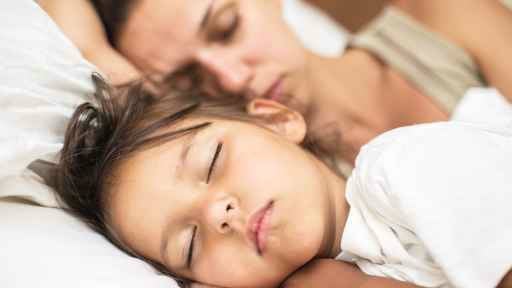Parenting may drive you crazy, but it will also make you live longer
Whether or not you have kids, you’ve probably heard of the parenting happiness gap. According to this widely documented phenomenon, having kids makes you significantly less happy than if you didn’t have any, regardless of your location or stage of life.


Whether or not you have kids, you’ve probably heard of the parenting happiness gap. According to this widely documented phenomenon, having kids makes you significantly less happy than if you didn’t have any, regardless of your location or stage of life.
Daniel Kahneman, the Nobel-prize winning psychologist, showed in a paper that working mothers in Texas ranked child care sixteenth out of nineteen activities in terms of pleasurability, behind housework, preparing food, exercising, talking on the phone, and shopping, among others. (Jennifer Senior noted this in ”All Joy, No Fun,” an article about parenting that quickly became a book.)
But there’s a silver lining that confounds those results; people with kids tend to live longer than those without. A new study, published in the Journal of Epidemiology and Community Health, tried to pick apart how that works.
The researchers looked at 1.5 million Swedes born between 1911 and 1925 and followed them as they aged. Not surprisingly, they found the risk of dying increases with age for all adults, but that having children was linked to living longer.
By the age of 60, men with kids had almost almost two years more on their remaining life expectancy compared to those without; 60-year-old women with kids could look forward to 1.5 more years on earth than those without.
The researchers found that the benefits of having children became more pronounced with age, when they controlled for education and marital status (both of which affect your risk of dying). The effect was greater for men than women, and nearly twice as great for unmarried men than those who had partners.
While the link between having kids and living longer is not causal (it’s an association), it still begs the question of why.
The authors suggest that social support may play a significant role. The research showed the strongest link between longevity and having children in unmarried men. Those men presumably rely more on their children in the absence of a caring spouse. That aligns with other research showing a positive link between marriage and men’s mortality.
They noted other possible explanations—for instance, that people with kids tend to lead healthier lives. But the most likely, they said, had to do with the benefits of support. As parents age and their health deteriorates, kids can offer emotional physical support, and advocacy to ensure parents get the care they need. “The strengthening of the association with age strengthens the support hypothesis, but it does not close the case,” said Karin Modig, a co-author from Sweden’s Karolinska Institute.
There’s good news for parents of sons. Unlike previous research showing parents with daughters fared better than those with sons, this paper found that kids’ gender was irrelevant.